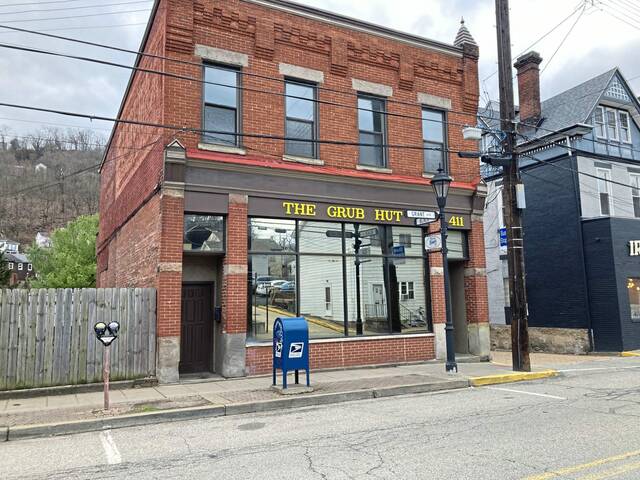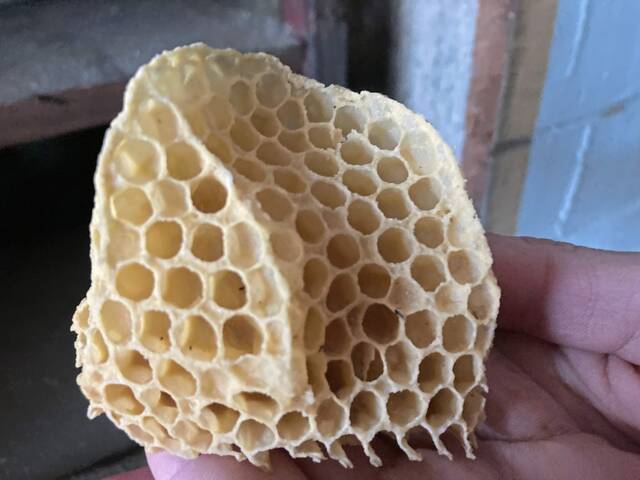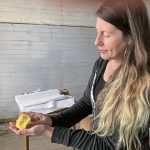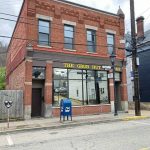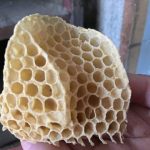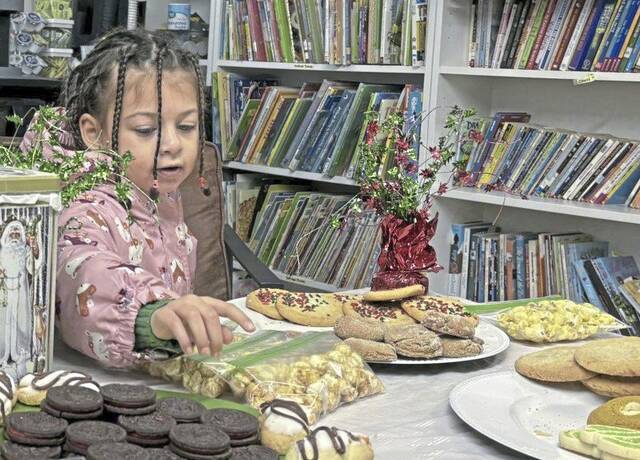Sweet dreams are happening in Millvale with major renovations of the former Grub Hut building at 411 Grant Ave. for CoNectar, a curated nectar bar with a mission.
The store will feature locally and globally sourced honey, pesticide-free flower bouquets, a honeycomb sculpture, a botanical art gallery and a café, which will pair varieties of honey with biscuits and other fares.
The covid-19 pandemic slowed down the renovations, but the shop is expected to open in late summer or fall.
“Our mission is in creating experiences and educational products that develop a deeper appreciation of the importance of pollinators,” said Christina Joy Neumann, 45, of Shaler, class of 1995, an architect and Cornell University Master Beekeeper.
The nectar bar will offer a seasonal menu with drinks and small plates that “enrich the understanding of the complex nature of crafted honey,” she said.
Neumann, who graduated from Shaler Area High School in 1995, is operating the business with her brother Jon Neumann, 42, and his wife, Larissa. Jon graduated from Shaler in 1998 and is an attorney.
“The renovation of the Millvale building and creation of the business is a labor of love and truly an investment in the community,” Jon Neumann said.
They operate a licensed honey-processing kitchen in their family’s fifth-generation family home in the Cherry City section of Shaler.
The stellar masonry design of the Grant Ave building attracted the Neumanns, as did the era it was built – the 1880s, the same time frame when their family settled in the area, Christina Neumann noted.
Neumann started producing honey in 2005 on her family’s working urban farm and distributed her specially crafted honey in specialty stores, farm markets and elsewhere. She has dispersed 60 to 100 hives throughout the North Hills and other areas.
Her honey is special, as it exudes the qualities and diversity of the local landscape’s trees and wildflowers.
Among Neumann’s award-winning varieties of honey is a brand derived from bees feeding on local knotweed, which was featured in a Wall Street Journal article in 2016.
The honey tastes different, depending on where bees forage. In spring, they feed on flowering trees and then wildflowers in late summer and fall, Neumann said.
“It’s like wine,” she said.
Her brother touted Neumann’s abilities to curate the varieties of honey and their family’s goal to bring that service and understanding of nature to the public. “We are changing the whole concept of how you taste honey.”



